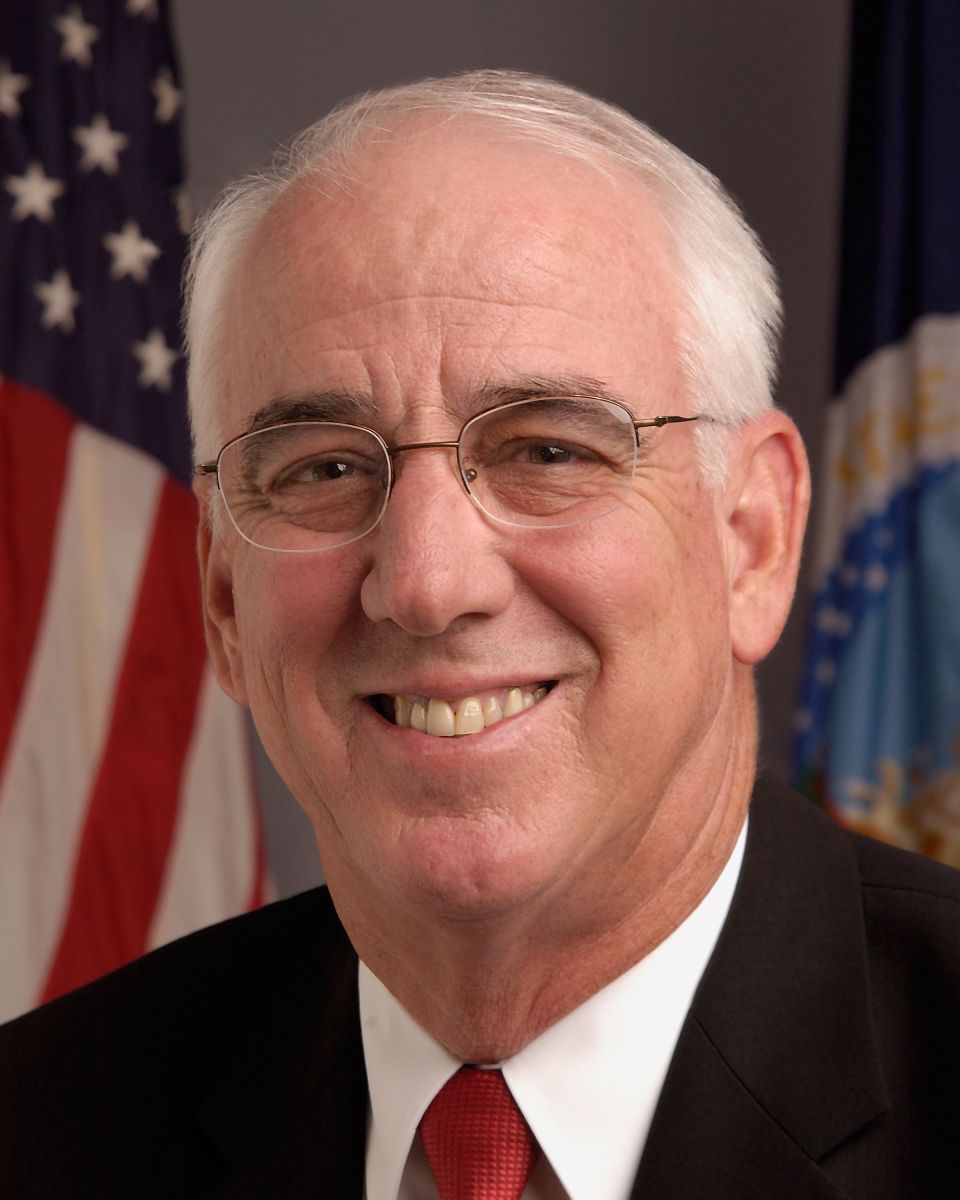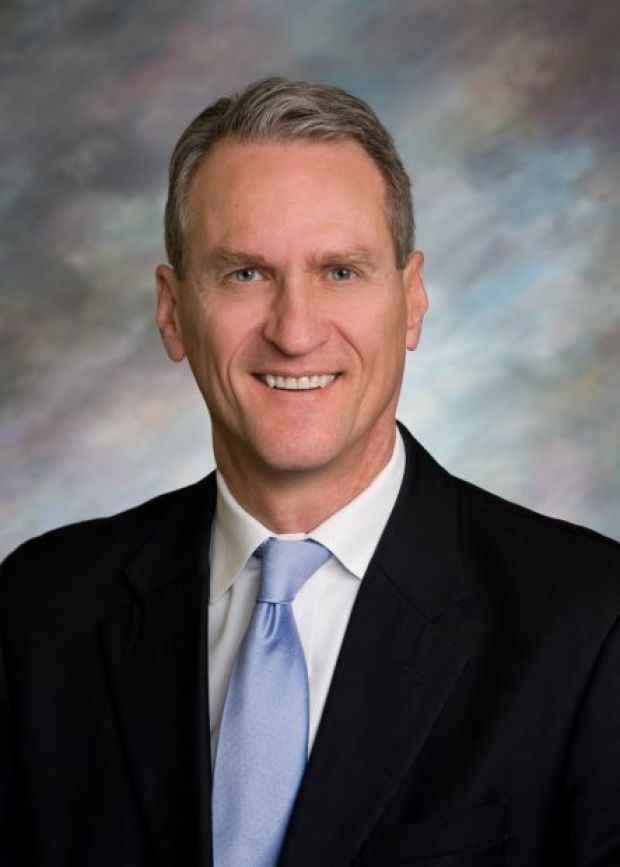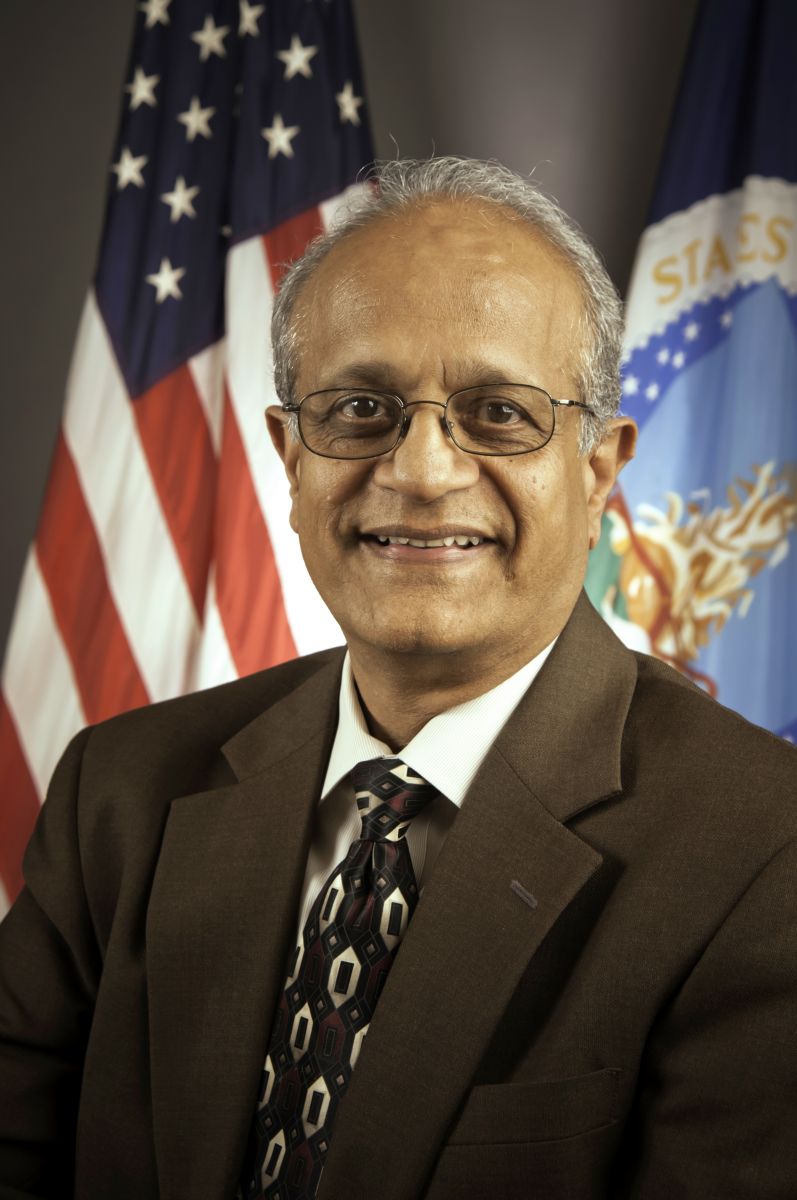Keynotes
James Murray

James Murray is Professor of Animal Science and Population Health and Reproduction at University of California at Davis. He is a Fellow of the American Association for the Advancement of Science, and his active research program focuses on genetic engineering of mammals and horse genomics. He is Chair of the organizing committee for the Transgenic Animal Research Conference hosted by the University of California-Davis, which has been held every other year since 1997, and draws internationally recognized experts in the field to discuss the latest advances. He has served on several panels of experts and published several articles to discuss the utilization of animal biotechnology in agriculture to better human lives.
Richard “Dick” Raymond, M.D.

Dr. Raymond was a rural Family Physician in O’Neill, NE, for 17 years and then established and Directed Clarkson Hospital’s Family Practice Residency Program in Omaha for 10 years. During this time he also served as the President of the Nebraska Medical Association.
In January, 1999, Dr. Raymond was appointed by Governor Mike Johanns to be Nebraska’s Chief Medical Officer. Dr. Raymond directed a large number of public health programs including investigations of food borne illness outbreaks and building public health preparedness. He also served as President of the Association of State and Territorial Health Officials.
In July, 2005, Dr. Richard Raymond moved to Washington, D.C., when President George Bush appointed him Undersecretary for Food Safety at the U.S. Department of Agriculture. In this position, Dr. Raymond was responsible for overseeing the policies and programs of the Food Safety and Inspection Service (FSIS) which regulated the meat and poultry food industry and once again was a direct report to Mike Johanns, at that time the Secretary of the USDA.
Dr. Raymond now consults and writes on food safety and public health issues from his home in Windsor, Colorado, and speaks on the same subjects both domestically and internationally.
Dr. Raymond is a member of the Board of Trustees of the Co-WY Chapter of the National Multiple Sclerosis Society, the Business Advisory Board of Identigen, the Food Safety Solutions Advisory Board for Elanco/Eli Lilly, the Christie Club Property Owners Board of Directors and Tyson Food’s Animal Well Being Advisory Board.
He writes two food safety blogs a month for both Meatingplace.com and Feedstuffs Foodlink.
Dr. Raymond has an ongoing working relationship with Eli Lilly/Elanco, consulting on food safety and public health issues Merck Animal Health regarding messaging as it relates to antibiotic use in animals raised for food.
Speakers
South Dakota Governor Dennis Daugaard

Dennis Daugaard grew up between Garretson and Dell Rapids on his family's dairy farm, which his grandparents purchased in 1911 after they emigrated from Denmark. Both of Daugaard’s parents were born deaf, making sign language the principal means of communication for his family.
From 1981 to 1990, Daugaard worked for what is now US Bank in Sioux Falls. Daugaard was ultimately promoted to vice president, and was responsible for trust administration and new business development in eastern South Dakota.
In 1990, Daugaard left the bank to become the Development Director of the Children's Home Foundation, the fundraising arm of Children's Home Society of South Dakota. Daugaard worked for 12 years in that position. In 2002, he became Executive Director of Children's Home Society of South Dakota. Daugaard left Children's Home Society on October 31, 2009 to focus full-time on his campaign for governor.
Daugaard became involved in politics in 1996 when he was elected to the state Legislature. He was re-elected by wide margins in 1998 and 2000. His legislative record was particularly focused on protecting children and helping the disabled.
In June 2002, Mike Rounds selected Daugaard to be his running mate as the Republican nominee for lieutenant governor. The Rounds/Daugaard team was elected in 2002 and reelected in 2006. As lieutenant governor, Daugaard served as president of the Senate, was instrumental in the creation of the SD Ellsworth Development Authority, and was a leader of the SD Honor Flight program.
Daugaard successfully sought the Republican nomination for governor in June 2010, winning 50 percent in a five-person field. He and his running mate, former house speaker Matt Michels of Yankton, were elected in November 2010 with 62 percent of the vote - the highest for a new governor in over sixty years.
Christie Nicholson

Christie Nicholson is an award-winning science journalist based in New York. She is a contributing editor at Scientific American, CBS’ SmartPlanet and Core77. She hosts Scientific American’s weekly podcast, 60-Second Mind, co-founded the publishing startup, Publet, and has been an on-air contributor to Slate, the Discovery Channel and Science Channel. She is an adjunct professor at New York University's journalism school, and she has spoken about science, technology and communication at the MIT/Stanford VLAB, Sundance Film Festival, The National Science Foundation and the National Academy of Sciences. She holds degrees from Dalhousie University in Canada and the Columbia University Graduate School of Journalism.
Sonny Ramaswamy

Dr. Sonny Ramaswamy was appointed to serve as director of the USDA’s National Institute of Food and Agriculture (NIFA) on May 7, 2012. As part of USDA’s Research, Education, and Extension mission, he oversees NIFA awards funds for a wide range of extramural research, education, and extension projects that address the needs of farmers, ranchers, and agricultural producers. He has published nearly 150 journal articles, book chapters, and a book. He has received a number of awards and honors as a scientist and department head, including being named a Fellow of the American Association for the Advancement of Science; Fellow of the Entomological Society of America; and Distinguished Graduate Alumnus of Cook College, Rutgers University.